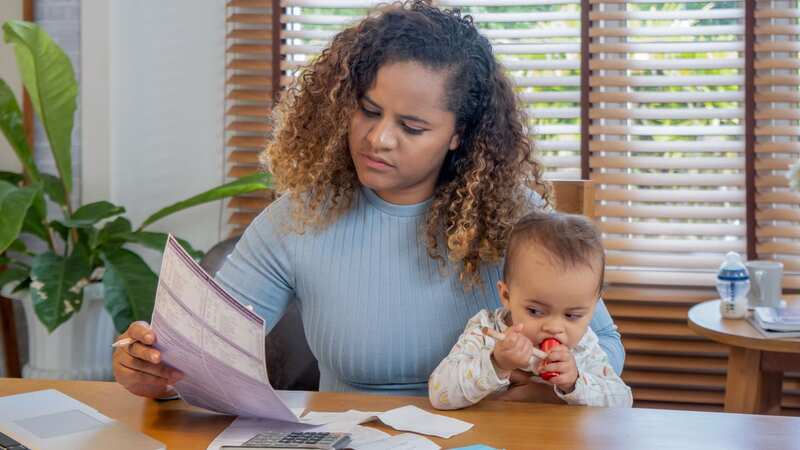Almost one million households due £299 cost of living payment from this Friday

Just under one million households will start to receive the third and final £299 cost of living payment from this Friday.
The money is already being sent out to people who claim benefits from the Department for Work and Pensions (DWP). But if you claim Tax Credits only from HMRC, the cost of living payment isn't due to be sent to you until February 16 at the earliest.
The latest you should receive the money is February 22 - although there are some incidences where you may get the payment at a later date. For example, it is possible you may still receive the £299 after February 22 if you later put in a claim for benefits and your award is backdated to the qualifying period.
To get the £299 cost of living payment, you have to have been eligible for one of these benefits between November 13 and December 12 last year:
- Universal Credit
- Income-based Jobseeker's Allowance
- Income-related Employment and Support Allowance
- Income Support
- Working Tax Credit
- Child Tax Credit
- Pension Credit
For example, you can backdate Pension Credit by three months and the deadline to do this, and be entitled to the £299 cost of living payment, is by March 5. If you already claim one of the qualifying benefits and you don't get the cost of living payment by February 23, then you'll be able to report the missing money on GOV.UK from this date.
 Teachers, civil servants and train drivers walk out in biggest strike in decade
Teachers, civil servants and train drivers walk out in biggest strike in decade
The £299 will be sent automatically to your bank account - you won't need to apply for it, so be aware of scammers asking for your personal details. It will show in your bank account as your National Insurance Number followed by DWP COL. The HMRC payment reference will be HMRC COLS. These payments are not taxable and will not affect the benefits or tax credits you get.
Mel Stride, Secretary of State for Work and Pensions, said: “The economy has turned a corner, and with inflation falling we are providing millions of the most vulnerable households with another significant cash boost. Our fair approach to welfare is underpinned by a belief that the best way to secure long-term financial security is through work. This is why we have cut taxes for over 27 million working people and have launched a £2.5bn Back to Work Plan to help thousands more people off benefits and into jobs.”
Read more similar news:
Comments:
comments powered by Disqus

































